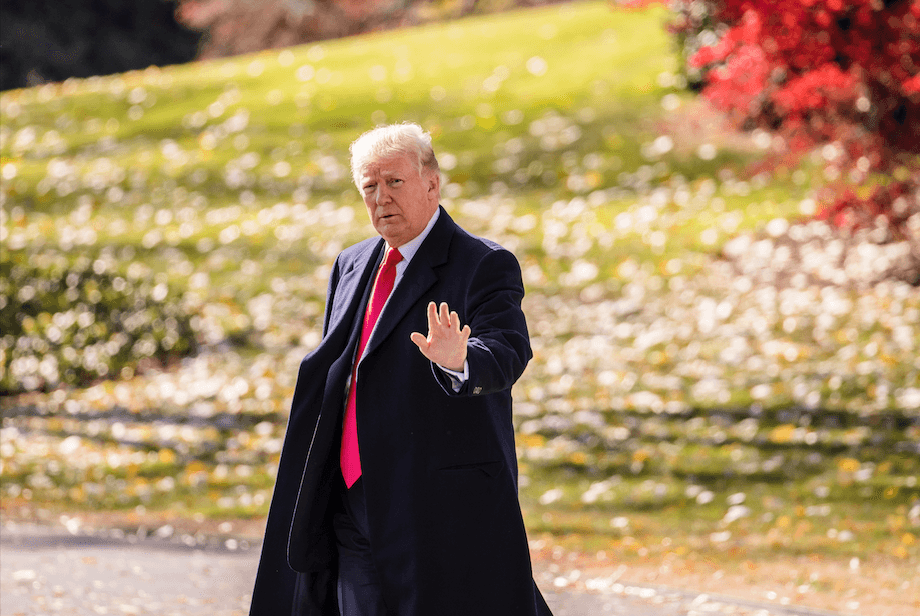WASHINGTON—The Supreme Court has ruled that President Donald Trump’s newest travel ban for seven terror-prone countries can go into full effect.
Seven of the nine Supreme Court justices ruled in favor of Trump’s Sept. 24 proclamation that nearly all citizens of Chad, Iran, Libya, North Korea, Syria, Somalia, and Yemen be banned indefinitely from entering the United States as of Oct. 18.





